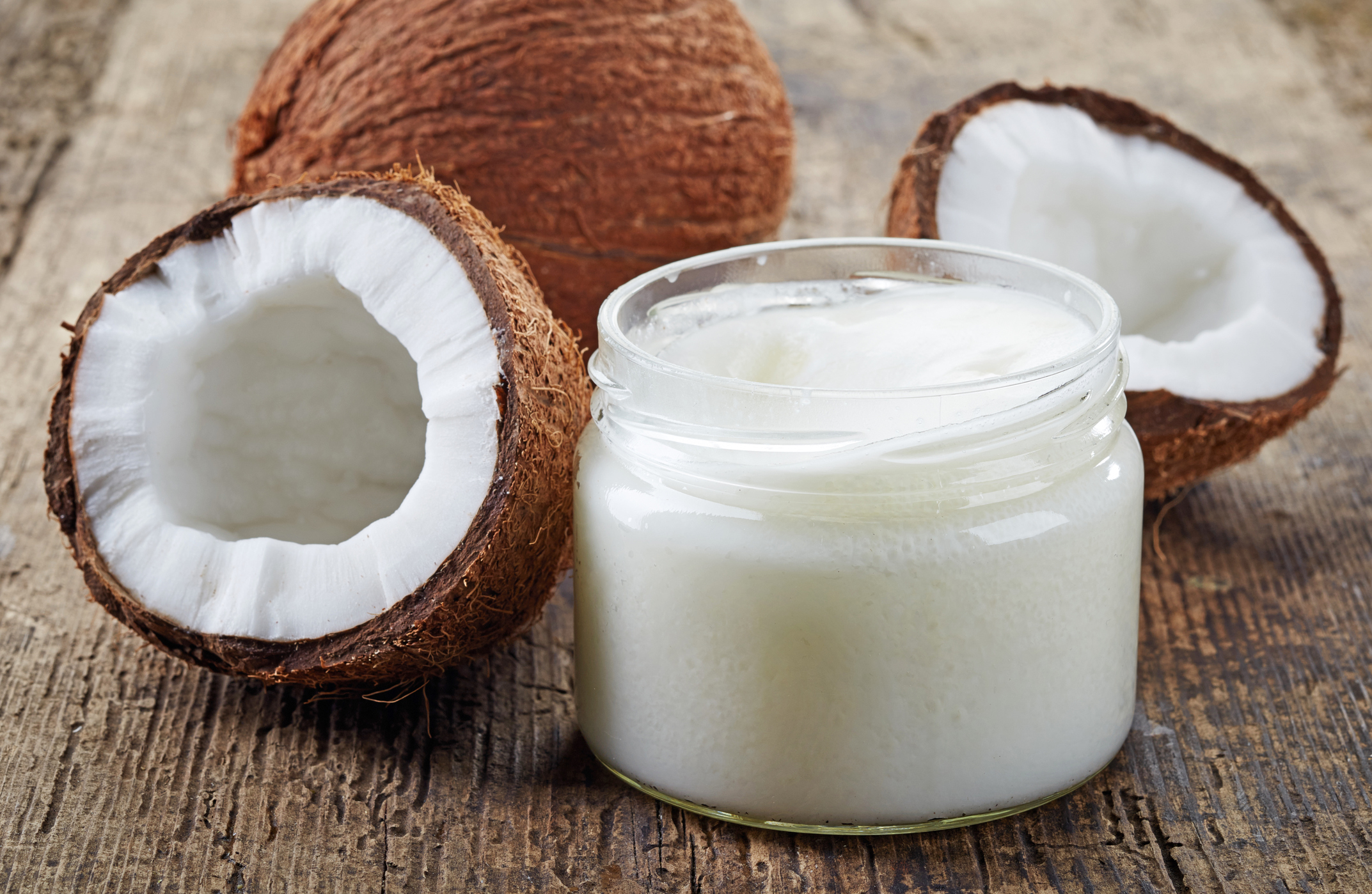But they are missing all these other benefits. Your doctor should know what to do, but won't. On your own once again.
I've got all these posts on coconut oil if you want to decide for yourself. Or you can trust your doctor to have read all these and more. I'm doing some, way too many pros vs. cons for me. But I'm not medically trained like that professor that called it pure poison with no research to back up her opinion.
- coconut oil (54)
Is there a place for coconut oil in a healthy diet?

Bad fats, good fats
Coconut oil largely consists of saturated fat (80% to 90% of fat in coconut oil is saturated), making it solid at room temperature. Other sources of saturated fat include animal products such as meat and dairy, and other plant-based tropical oils such as palm oil. Consumption of saturated fat has long been associated with increased risk of cardiovascular disease due to its ability to raise harmful LDL cholesterol levels.Unlike saturated fats, unsaturated fats are liquid at room temperature. They can improve blood cholesterol levels and reduce inflammation, among other cardiovascular benefits. Unsaturated fats are predominantly found in vegetable oils, nuts, seeds, and fish.
Guidelines advise limiting the type of fat found in coconut oil
The current Dietary Guidelines for Americans recommend consuming no more than 10% of total calories from saturated fat. And last year the American Heart Association (AHA) released a scientific advisory statement recommending the replacement of saturated fats in the diet, including coconut oil, with unsaturated fats. In their statement, the AHA cited and discussed a review of seven randomized controlled trials, in which coconut oil was found to raise LDL cholesterol levels.The rationale behind the AHA recommendation is that consuming unsaturated fats in place of saturated fat will lower “bad” LDL cholesterol, and improve the ratio of total cholesterol to “good” HDL cholesterol, lowering the risk of heart disease. For those at risk of or who already have heart disease, the AHA advises no more than 6% of total calories from saturated fat, or about 13 grams based on a 2,000-calorie diet. One tablespoon of coconut oil comes close to that limit, with about 12 grams of saturated fat.
Health benefits of coconut oil may be exaggerated
With such salient evidence supporting the replacement of saturated fat, including coconut oil, with unsaturated fat for optimal cardiovascular health, where do the myriad health claims for coconut oil come from?Many of the health claims for coconut oil are based on studies that used a special formulation of coconut oil made of 100% medium-chain triglycerides (MCTs). This is not the coconut oil available on supermarket shelves. MCTs have a shorter chemical structure than other fats, and are quickly absorbed and metabolized by the body, which is thought to promote a feeling of fullness and prevent fat storage.
However, the coconut oil found on most supermarket shelves contains mostly lauric acid, which is absorbed and metabolized more slowly than MCT. As a result, the health benefits reported from specially constructed MCT coconut oil cannot be applied to regular coconut oil.
Interestingly, lauric acid itself has also been purported to have health benefits. While lauric acid has been shown to increase LDL cholesterol levels, it also raises HDL cholesterol levels, suggesting a potential heart-protective role of coconut oil. However, large epidemiological studies have failed to report protective associations between lauric acid and cardiovascular disease.
Findings from epidemiological studies that report low rates of cardiovascular disease among populations who consume coconut oil as part of their traditional diets (in India, the Philippines, and Polynesia, for example) have also been cited as support for the health benefits of coconut oil. However, in these studies many other characteristics of the participants, including background, dietary habits, and lifestyle, could explain the findings.
No comments:
Post a Comment